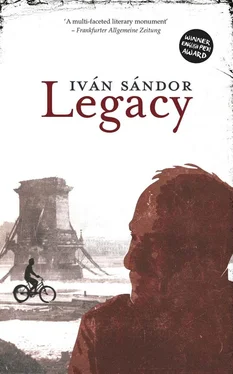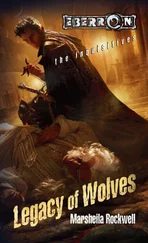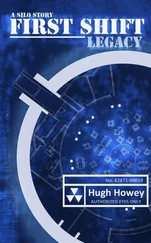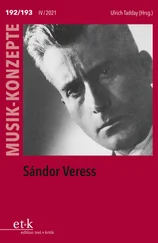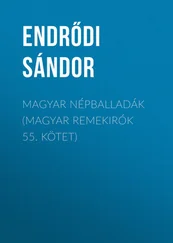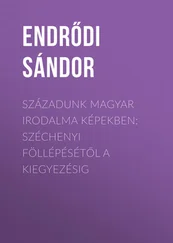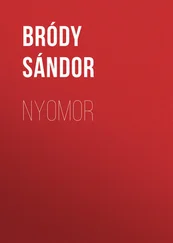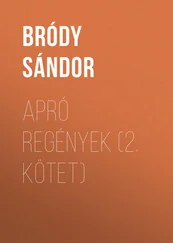Number 38 Gogol Street is a newly repainted old building. The acid-green paint is awful. Beside it is a shop selling gold and silver jewellery and next to it a sign for a ‘Wine-Beer-Restaurant’. On the 1943 map the nearby plots of undeveloped land are designated by pale-yellow areas.
The word in the column is that the weaving mills should be avoided. Artillery emplacements have been set up near by, and these are targets for the bombers; the carpet bombing is down to them. And also because of the Western Railway Terminus and Rákosrendező Railway Station just to the north, says another man.
When the encirclement of Budapest was complete Hitler ordered the IVth SS Panzerkorps and the 96th and 711th Infantry Divisions, a total of two hundred tanks and sixty thousand men, to redeploy to Hungary. SS Gruppenführer Herbert Otto Gille was appointed commander. Himmler telegraphed Gille as follows:
The Führer has appointed you, along with your corps to lead the relief forces for Budapest since you have experience of being encircled on several occasions and thus bear the greatest sympathy for the fate of the besieged formations, and your corps was the quickest to prove itself on the Eastern Front.
The daily bread ration for Budapest’s inhabitants was 15 decagrams, and for Christmas 1944 12 decagrams of meat was allowed. The water supply was at best fitful and in many places had ceased altogether. The command of the Hungarian 1st Army ordered that a special defensive campaign badge be made for those taking part in the fighting. From Sopron, on the western border of Hungary, Ferenc Szálasi rejected the assistance offered to Budapesters by the International Committee of the Red Cross because one condition was that food would have to be delivered to the ghetto.
Gizi pulls on the ICRC armband again, puts an arm round Father’s waist and supports him; she must have said something, because Father then starts to limp.
There are five in the Arrow Cross group. They jostle a few men to a house wall and carry out an identification check on them. One of them cannot be much older than me; from the middle of the road he lets off two short bursts into the air from a submachine gun. Mother takes cover in a gateway and calls out to us. There is a store next to the entrance. The physicist is waiting on the lowest step. The Arrow Crosser who just fired two bursts at the sky hoicks him on to the pavement and levels his gun at him. I cannot hear what he says. The physicist bursts out laughing and looks at the boy in disgust. He unbuttons his winter coat. A gob of saliva appears on his lower lip; he does not spit but laughs and undoes his trouser fly. He glances at me. It is as if he were trying to warn me. That may be why he is still laughing. He reaches into the fly to show the submachine gunner what he is curious to see.
The Arrow Crossers select three men and direct them off towards Pozsonyi Road on the southern edge of the XIIIth District.
All five of us proceed side by side. Gizi does not go ahead; I do not drop back. We have been joined by the physicist.
Gizi later related, Mother says, that she had been given three addresses, but the protected houses were so crowded that she did not know which of them would accept us.
Avoid factories, a man shouts, that’s where they’re dropping the bombs. Even the Riegler boys do not head in that direction.
Gizi turns into Ipoly Street. We’re going towards the factories, she says. Even the patrols give that part a miss. You heard it yourselves.
By now the physicist is in conversation with Father. Two anti-aircraft batteries in Gyapjúmosó Yard. The big market hall has been destroyed by bombs; the iron railings are now leaning out on to the pave ment. The man in command is a German sergeant, but I can see Hungarian artillerymen in the gun crew, two of them carrying crates of ammunition, the rest scanning the skies. Gizi says that she and Mother will flank Father and the physicist, while we should walk on in such a way that the soldiers can only see women and us, the children, Vera asks her how far we still have to go. Not much further, says Gizi. When we get to the guns Father begins limping again.
We make a left turn into Pannónia Street towards the city centre. A block further south, at the junction with Csanády Street, a German panzer is approaching; behind it assault paratroopers are fanning out. I am familiar with the military terms. For years I’ve been reading in newspapers about what artillery emplacements, salvo fire, flexible disengagement, house-to-house combat and carpet bombing are. Previously I have only ever seen paratroopers behind tanks in cinema newsreels. The caterpillar tracks rattle two to three metres away from us; the soldiers, with their MP40 submachine guns ready to fire, pay us not the slightest attention.
What would have happened if it had been me and not the physicist who was made to unbutton his fly?
The older of the Riegler boys told me at the Red Cross home on Mihály Munkácsy Street that there was one occasion when he had once been ordered to unbutton his trousers. A kid no older than me, he said. He had never seen anyone’s cock but his own. Maybe he had just heard that this was what had to be done when checking someone’s identification. What happened? What happened, Riegler guffawed, was that I told him, have a good look, Sonny Jim, because never before have you seen anything as fine as this. And then? I pulled it out. I’m right, aren’t I? You’ve never seen anything as fine as this before? At which he told me to bugger off, said Riegler.
A corpse is lying on the ground at the corner of Pannónia Street and Károly Légrády Street. With one arm sticking out of the snow, it seems his last gesture was a wave.
Father tells the physicist that the Red Cross will guide us to a place of refuge. I don’t understand why he is talking to a stranger. Admittedly the physicist did indicate caution with his look when the Arrow Crosser had made him unbutton his fly. And Father had told him I was his son. He introduced me while we were on the move, but I don’t understand why this was important to him. He didn’t introduce Vera, possibly because on the spur of the moment he is unable to say ‘my daughter’. I do not hear what Father might have said, only that the physicist rejoins, That’s the way it is, you see. They saw everything, knew about everything, but now they behave as if they knew nothing, if you please, as if they had been blind.
Maybe I noted the comment because of that ‘as if they had been’.
Do you remember, I ask Vera twenty years later, what the physicist said about the people who were standing in doorways and on the pavement in Pannónia Street?
Vera only remembers the rats on the steps of the stores and the fact that she repeatedly asked Auntie Gizi (that’s what she ended up calling her) where her mummy might be, and the third time she asked Gizi had replied that she had no idea where she might be either. And I didn’t understand, says Vera, why she said it that way: she had no idea where she might be either .
Several blocks on, by now only a block away from the Grand Outer Circle, we reach József Katona Street.
I had never walked down Pannónia Street. It must have been near the Vígszínház comedy theatre on St István Outer Circle where I had been twice. Last year I went to see the musical Fekete Péter ( Black Peter ) with my parents, and we also saw Thornton Wilder’s Our Town . In front of the red velvet stage curtain actor Artúr Somlay, playing the Stage Manager, introduced the story and its setting, and when the curtains opened he strolled in among the characters, who, some seated, some standing, were chatting among themselves. I later understood that they were playing dead people, and they were remembering their lives.
Читать дальше
